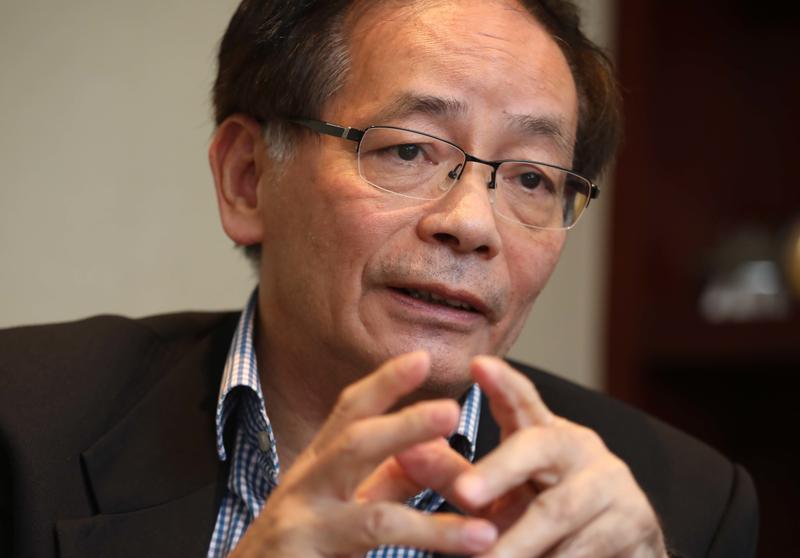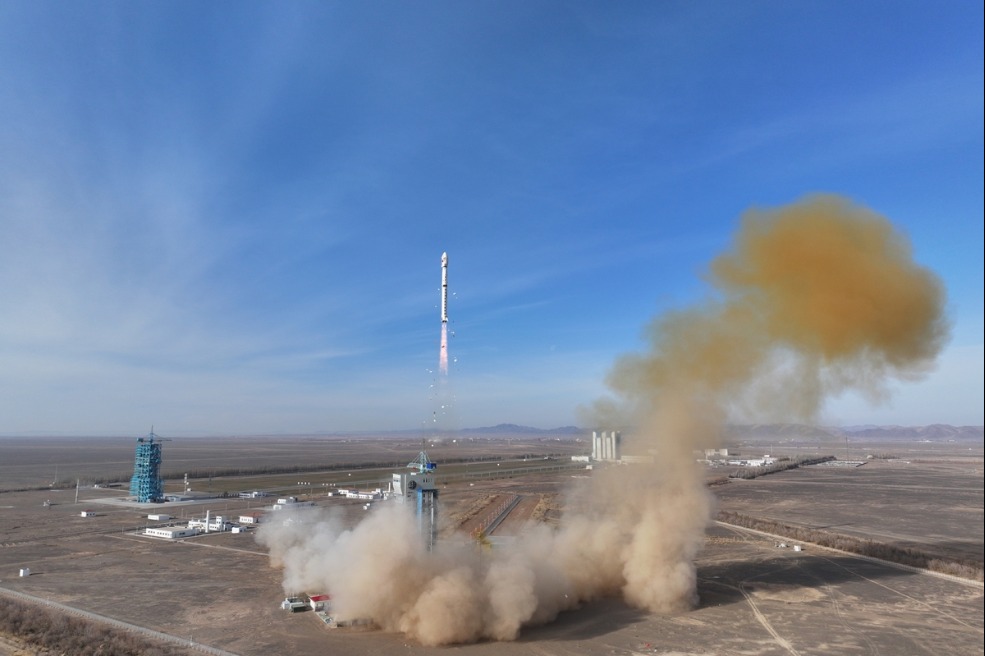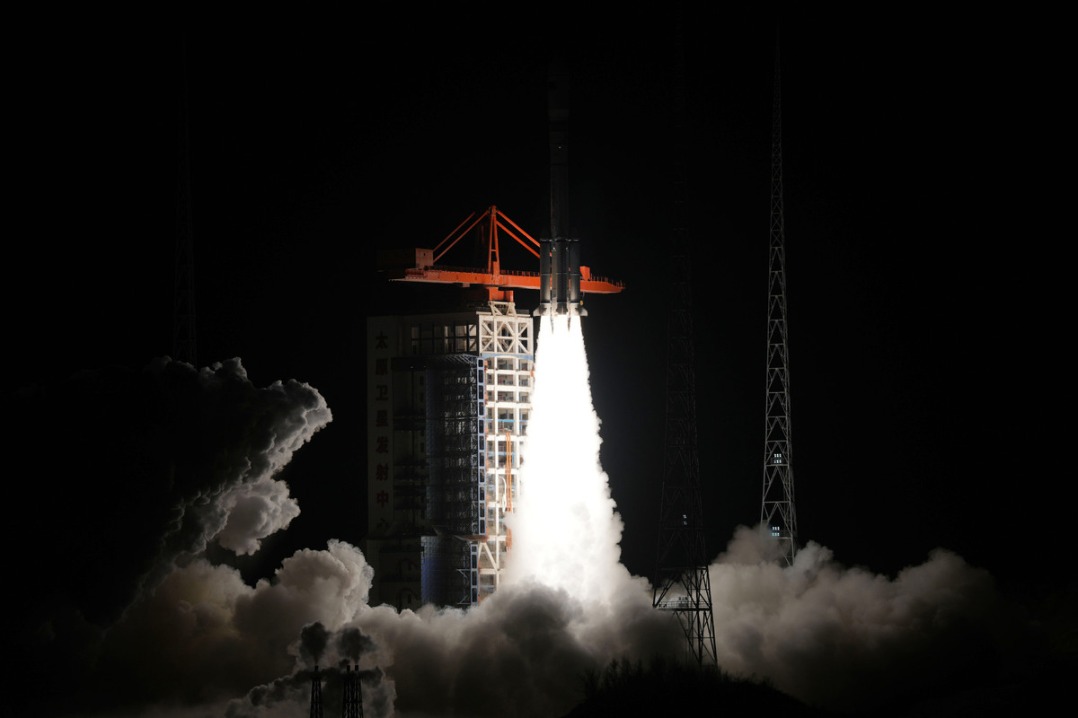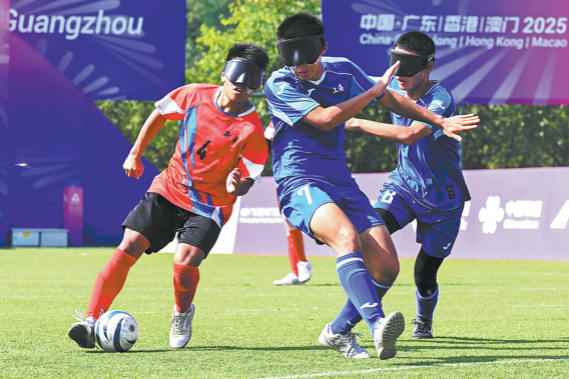Executive Councilor proposes special national security court


National security offenses are so serious that they should be heard by a special High Court-level body — possibly without jurors — that has the authority to impose sentences longer than seven years, Hong Kong Executive Councilor Ip Kwok-him says.
During a face-to-face interview with China Daily, Ip referred to Article 81 of the Basic Law of Hong Kong, which provides for the establishment of special courts.
"Non-Chinese judges are no problem, provided they are qualified, experienced, and have knowledge of China," he said, adding that the nomination of judges to such a court would have to be endorsed by the Standing Committee of the National People's Congress before their appointment by Hong Kong chief executive.
Beijing and Hong Kong officials have not ruled out a retroactive effect of the proposed national security law for Hong Kong, but Ip is hesitant about that because that is not a usual practice in the criminal law system.
"The national security law targets only a very small number of people involved in secession, subversion, terrorism and colluding with external forces. These people know very well what they have done. If they repent and do nothing wrong after the law is passed, they may be safe.
"But I don't think they will repent. If they commit national security offenses, get arrested and prosecuted, the court will take into account their past bad record, and this amounts to retroactivity," he said.
The National People's Congress, the country's top legislature, on May 28 approved the decision to enact a national security law for Hong Kong. The proposed law, which will be finalized by the NPC Standing Committee, has an article that requires a national security branch or agency be established in Hong Kong if necessary after the law is promulgated.
Ip said Hong Kong police should work with the national security agents from the Chinese mainland as national security cases are new to the police.
"As to division of labor, I think the national security agents will be responsible for intelligence collection and analysis, while the powers of investigation and arrest still rest with Hong Kong police," he said.
Ip said he believes the national security law is not designed to disqualify people from taking part in elections.
In addition, most opposition lawmakers did not vote when the National Anthem Bill was passed recently in order not to leave a written record of their opposition, but their anti-government stance is all too well-known, he said.
Since they did not vote for the National Anthem Ordinance, Ip said he guesses they perhaps need to prove to the returning officer their allegiance to the Hong Kong SAR and the Basic Law, especially since they have repeatedly smeared the national anthem law and Article 23.
- New transport links to open remote Xinjiang village to tourism
- 13-year-old girl praised for heroic rescue of child from icy lake
- Former executive of Chinese financial firm executed for bribery
- Chinese academic wisdom continues to inspire global universities
- Global leaders plant Juncao grass, symbolize China ties
- China issues wanted notices of 100 telecom fraud fugitives



































